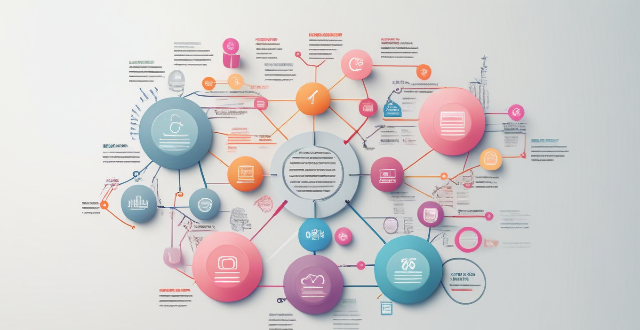The limitations of using AI for talent scouting and player evaluation include the inability to account for intangibles such as emotional intelligence and team chemistry, reliance on potentially biased historical data, lack of human intuition in pattern recognition and contextual understanding, ethical concerns regarding privacy and fairness, cost and accessibility barriers, and legal and regulatory challenges related to data protection laws and intellectual property rights.

Limitations of Using AI for Talent Scouting and Player Evaluation
1. Inability to Account for Intangibles
- Emotional Intelligence: AI may struggle to evaluate a player's emotional intelligence, leadership qualities, and ability to handle pressure situations. These intangibles can significantly impact team dynamics and performance.
- Team Chemisity: The compatibility of a player with the existing team members and coaching staff is difficult to quantify, yet it plays a crucial role in overall success.
2. Reliance on Data
- Historical Bias: AI evaluations are based on historical data, which may perpetuate biases against certain styles of play or players from non-traditional backgrounds.
- Incomplete Information: Not all relevant data may be available or accurately recorded, leading to potential gaps in evaluation.
3. Lack of Human Intuition
- Pattern Recognition: While AI excels at recognizing patterns, it may miss subtle cues that a human scout would pick up on, such as a player's growth potential or resilience under adversity.
- Contextual Understanding: AI may not fully understand the context of a particular game situation or player decision, which can lead to misevaluation.
4. Ethical Concerns
- Privacy Issues: The collection and analysis of extensive player data raise privacy concerns, especially if personal information is used without explicit consent.
- Bias and Fairness: There's a risk of unintentionally introducing or reinforcing biases in the AI algorithms, which could unfairly advantage or disadvantage certain players.
5. Cost and Accessibility
- Financial Barriers: Advanced AI systems can be expensive to develop and maintain, making them inaccessible to smaller organizations or those with limited resources.
- Technical Expertise: Proper implementation and interpretation of AI require specialized knowledge, which may not be widely available within sports organizations.
6. Legal and Regulatory Challenges
- Data Protection Laws: Compliance with data protection laws across different regions can present challenges when using AI for global talent scouting.
- Intellectual Property Rights: There may be disputes over who owns the rights to the AI technology and its outputs, especially if multiple parties are involved in its development.
In conclusion, while AI offers promising tools for talent scouting and player evaluation, it's essential to recognize and address these limitations to ensure a balanced approach that combines the strengths of both AI and human expertise.